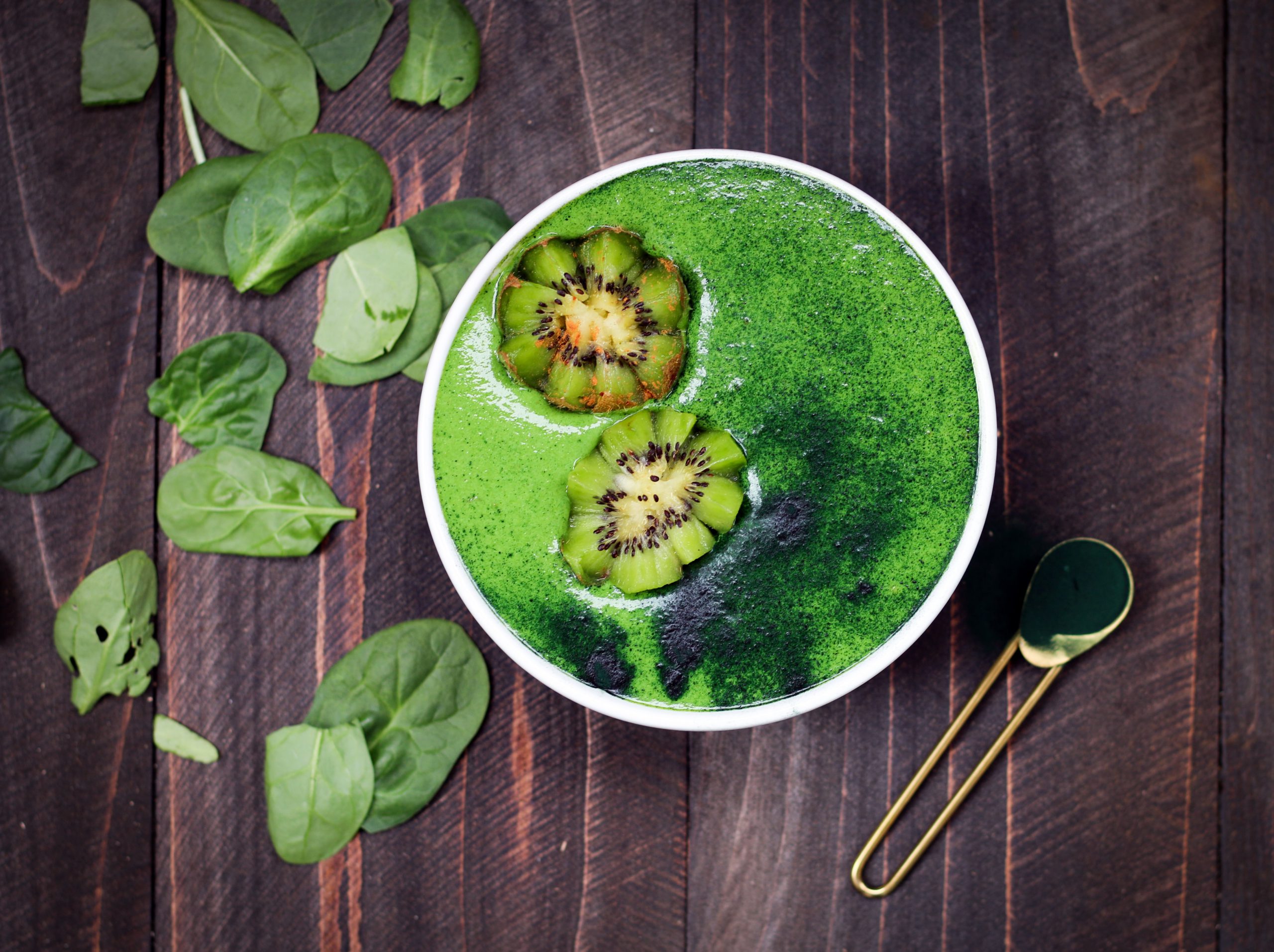Despite their popularity, you’ve probably stumbled on at least a handful of anecdotes about why fad diets don’t work — and it’s 100% true!
My issue is that most of these reviews are based on the reviewers’ inability to adhere to these programs. Don’t get me wrong, this is a very valid point — starving yourself isn’t very enjoyable or sustainable.
But I want to talk about why, even if you do manage to suffer through one of these programs perfectly, they STILL don’t work.
Let me be clear: if you follow the instructions you will lose weight quickly because all of these protocols put you into an extreme calorie deficit. But is that really your definition of success? Did you really buy it just to lose weight fast? Or did you buy it to lose weight fast AND keep it off? It’s on this second point that they fail.
This is because they don’t instill the necessary habits to maintain your weight loss.
Why Do Habits Matter?
First, how would you define a habit? Would you say it’s something that you do on a daily or regular basis?
Habits are deeper than this. As Merriam-Webster defines it, a habit is “an acquired mode of behaviour that has become nearly or completely involuntary, a behaviour pattern acquired by frequent repetition or physiologic exposure that shows itself in regularity or increased facility of performance”.
As you can see there’s an inherent influence of the subconscious in this definition. A habits sits somewhere between a voluntary behaviour and an instinct in that it isn’t usually a necessary action for survival, yet it’s so deeply ingrained that we do it on auto-pilot anyway.
One of my most frequently asked questions as a PT is “how do I find motivation to eat healthy, train, etc?”. If you make something into a habit, you won’t need to rely regularly on motivation or will-power for it to happen. We all have off days of course, but if you need to keep convincing yourself to do something, then it is not a habit, it’s a responsibility. And who wants more of those?
This is why, in the world of health and fitness, your habits reign supreme and largely dictate if you will succeed or fail in both reaching your goals and maintaining those results.
The Psychology of Habits
Charles Duhigg wrote one of the most famous books on habits naturally called The Power of Habit. He goes into extreme depth on the anatomy of a habit, breaking down each section and providing a swathe of anecdotes to illustrate his points, but the book revolves around one simple idea. All habits can be reduced down to 3 steps:
- Cue
- Action
- Reward
Habits can be either instinctual or learned, but their will execution always involve these 3 steps. If you understand this mechanism you can then start manipulating the stimuli and the resulting actions of existing habits to both create new ones and change old ones.
Before anything else, you need to identify which habits already exist in your day. Studies show that almost 40% of our actions on a daily basis are habitual – that’s almost half of your life that’s driven by a semi or fully automatic process! Categorise them into the ones you want to keep and the ones you want to change.
Maximise the Habits You Want to Keep
This one seems pretty simple — just keep doing what you’re doing! But stopping there would be a missed opportunity: the real value of these existing habits is that they become the basis for habits you’d like to add. This is because, if you have a habit you’d like to implement, the easiest way to do so is to add it to an existing habit.
This is where the “do 10 squats while brushing your teeth” idea comes in. You already have an established cue, action and reward underpinning the habit of brushing your teeth. Your brain can very easily add another action to a cue as long as it doesn’t interfere with the original reward.
Think about it: there are at least 3 links to a habit chain, so it’s much easier to just add one to an existing chain as opposed to creating and connecting 3 new links. Thus, you go from “Cue, Action, Reward” to “Cue, Action, Action, Reward”.
Change Negative Habits
Note, I don’t say “break” – it’s extremely difficult to break habits. We all know this as we’ve all tried and failed at doing so. Yet we still keep doing it (the definition of insanity: trying the same thing and expecting a different result)!
So humour me here and consider a different approach: going back to the chain analogy, you don’t have to break the chain – just change the link you’re not happy with to a similar (but better) link.
Example of a bad habit you’d like to change: you grab a cookie out of the jar every time you get up and walk past the kitchen
First, let’s break this down into the components:
- Cue: passing by the jar of cookies
- Action: take a cookie
- Reward: yummy cookie
Many people will advise that you remove the cue — just don’t have a cookie jar in your house and boom, the chain reaction won’t be triggered!
But we all know that’s not always an option. For instance, if this is a cookie jar in your office over which you have no control or your mum brings over a plate of fresh cookies, what are you supposed to do?
This is why you also need to be able to replace your responding action and the most effective way to do this is to change the action to a more preferable one, but one that still achieves a similar reward.
From easiest to most drastic, you can replace the cookie with:
- A small piece of fruit – it’s still sweet, and you still get to eat something. This is a very easy association and one that the body won’t have to work very hard to get used to.
- A diet soda or alternative low calorie drink – you aren’t eating but you are still grabbing something and ingesting it. If it’s sweet you still get that association as well.
- A glass of water – you aren’t getting the sweet kick but you are grabbing something to ingest that still has an associated reward in that it is hydrating and refreshing.
Starting with Your Big “Why” Statement Doesn’t Work for Habit Creation
Notice I didn’t try to change the habit chain by changing the reward which is where most people start. For instance, with the cookie example, most people will just try to change the reward from “yummy cookie” to “losing weight”, thinking that will subsequently change the action to fit the intended reward, eliminating the desire to eat a cookie.
This doesn’t work. The desired result of losing weight isn’t immediate or frequent. You need consistent reinforcement of your reward for a habit to stick and you simply don’t get this with a very slow, long-term goal like weight loss.
A good reward needs to:
- Occur immediately after the action
- Occur as a result of the action
- Occur regularly in order to reinforce the behaviour
The reward shouldn’t motivate you to do the action, it should just make the action enjoyable so that it’s reinforced. Remember: something you have to always motivate or will yourself to do is not a habit, it is a responsibility.
Author: Ben Rogers, Resident Personal Trainer at InsideOut








